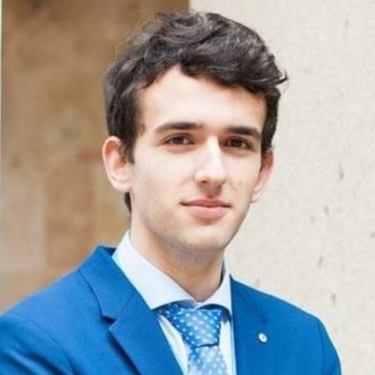As the largest Shia-majority country, Iran has pursued a foreign policy based on supporting and expanding its presence in those countries in the region which have significant Shia communities.
The results of Iraq’s legislative elections on Oct. 10 give victory to the bloc of Shiite cleric Muqtada al-Sadr, who holds the largest number of seats in parliament. Al Sadr’s list of candidates leads the results, ahead of the Fatah Alliance list, led by Hadi al-Ameri and composed of parties affiliated with the Popular Mobilisation Forces, a group of mostly pro-Iranian Shia militias. However, none of the political blocs appears to have won a majority in parliament. This will force them to negotiate with other parties to appoint a prime minister.
The Shiite leader, known for having led the militia that fought against the US occupation that overthrew dictator Saddam Hussein, opposes any kind of interference in his country. He has even been quick to criticize Iran for its involvement in Iraqi politics. At this point, what is clear is that Iran has an important role to play in Iraqi politics, a country characterised by religious diversity and the increased prominence of the Shia majority since the fall of Saddam Hussein in 2003.
Yet within the current situation, an important question arises: How does Iran’s Shia diplomacy influence the Islamic Republic’s foreign policy in countries with large Shia communities such as Iraq?
The concept of religion in Iranian foreign policy
Iran uses specific historical and cultural characteristics to make religion a part of its foreign policy in countries with large Shia communities. This foreign policy thinking is based on a certain conception of justice where Iranian political Islam considers both the religious-philosophical heritage of Shiism and the idea of rallying against injustice. Furthermore, it is important to mention the role of the Islamic Republic as an anti-status quo power, against the current international system which is seen as an imposed system from the West.
Therefore, justice can be regarded as a continuous thread that has been maintained in Iran’s foreign policy since the foundation of the Islamic Republic in 1979, showing the continuing desire to safeguard the values of the revolution, as well as the figure of the Supreme Leader as the embodiment of revolutionary ideals.
Iran’s Shia diplomacy towards Iraq
Iran’s role as a protector of Shiites, and its holy sites, is an important aspect of its foreign policy, yet this is not the only consideration for its regional outreach. Referring to Iran’s influence in Iraq, the main concern throughout the last years has been to keep ISIS as far away as possible from its borders, as well as providing support to Shiite militias fighting against them. The Islamic State and other Sunni extremist groups in the region embraced sectarian narratives, leading to the massacre of Shiites. These Sunni extremist organizations operating in Iraq pose a threat to Iran’s survival and explain the presence of Iranian special forces and military advisers in Iraqi soil.
Despite the appeals to Shia identity by the Islamic Republic, Iran’s presence in Iraq also has strong geopolitical and strategic reasons for safeguarding its interests and national security, since their tactical deployment in Iraq is mainly motivated by political considerations against Saudi interference and the goals of specific extremist groups against Shia communities and, accordingly, against Iran. Nevertheless, religion can indeed play a useful role in attracting volunteer fighters to help defend not only the Shia holy sites present in Iraq but the whole Shia community. What can be observed in this intervention is that Iran uses religious covers as a reason for its actions and uses its transnational connections in an instrumental way. It is therefore a matter of time to see how this will influence the new legislature in Iraq and the stability of the country itself.
The views and opinions expressed in this article are those of the author.

Juan Carlos Benitez is a graduate in international relations. He specializes in foreign policy and security, focusing on the Middle East and North Africa (MENA) region and its implications in the international system.

